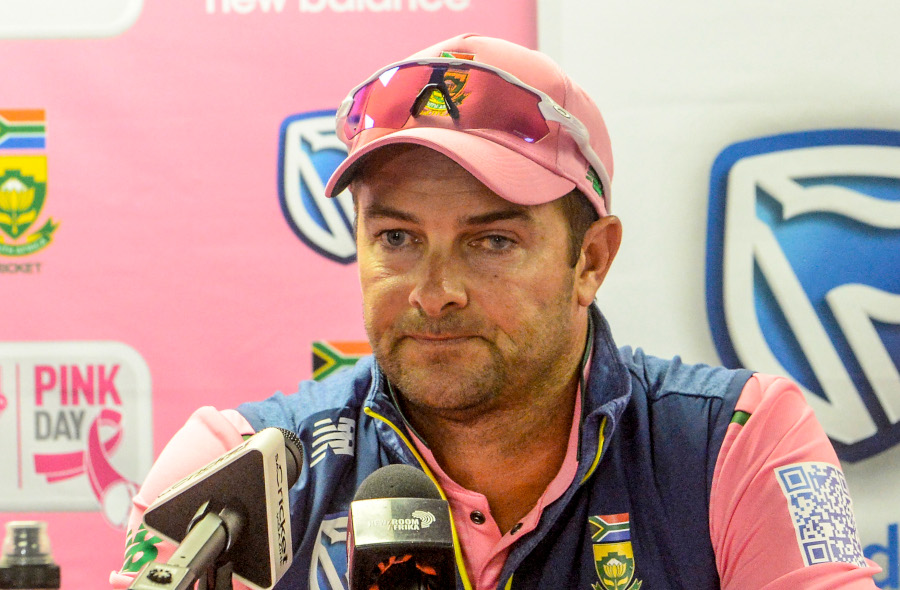New Proteas team director Mark Boucher could learn a lot by opening up a basic youth coaching manual as a starting point. There’s a lot to take in for Boucher, so a back-to-basics approach might be the way to go to start the entire rebuilding process. One basic approach is to look at the five Cs.
These five Cs are experiences or principles that coachers like to pass on to younger sportspeople finding their feet in the game and looking to build the right foundations for long-term success. Here are the five Cs that could help Boucher out in his new role.
Connection
Players on a team can benefit from the development of strong bonds. Of course, they have more time to do this in domestic sport, but it’s also possible in national teams. There are many ways to form bonds between players, such as socialising or playing other games. Of course, it has to happen naturally. Each player has his own preferences of how he spends how own time, which should be respected. These include listening to music, enjoying games such as online blackjack, or catching up on their favourite show on Netflix. When a team feels pressure and they receive criticism from all sides, it makes it more difficult to feel a connection with the fans, and they tend to close ranks. Proteas players were fans themselves once, watching their favourite sports stars either on the ground or on television, and it’s important they connect with South African cricket as a whole.
Competence
If most of the players in the Proteas lost faith in their competence after a year like they had, it would be understandable. After all, they’re only human. Now the new coach is tasked with restoring that faith in the best players in South Africa. A large part of cricket is in the head, so players can go astray easily, not because they lack physical ability but because they think they do. Many people experience imposter syndrome, and it can be severe among professional sports players, where they’re subject to intense scrutiny from the media, along with abuse on social media platforms. At a fundamental level, each coach is responsible for giving players the confidence to believe in themselves so that they can make the most of their abilities.
Confidence
You could be forgiven for thinking that confidence is the same as a belief in one’s own competence. However, it’s something greater than that. Winning builds confidence more than anything else. Boucher would be wise to push his players beyond what they’ve been used to. It’s far more of a challenge in professional sport to use failure as a means of development and learning. Stakeholders and fans want to win, and coaches have no choice but to value results and outcomes over persistence and effort.
Character
Character in cricket is often seen as being lacking in losing teams. While application and performance are essential, the new coach would be wise to assume a holistic approach here. Laying out a set of values for the team and making sure that players adhere to them aids in maintaining the team’s character. This means that players, both old and new, will need to understand these values and take their responsibilities seriously. The same applies to everyone involved in South African cricket.
Creativity
The world’s finest cricketers are the most creative and are able to find ways to apply their skills to various situations. You can plan a cricket match all you like, but too much adherence to a particular skill can suppress creativity and has hurt the Proteas before.







